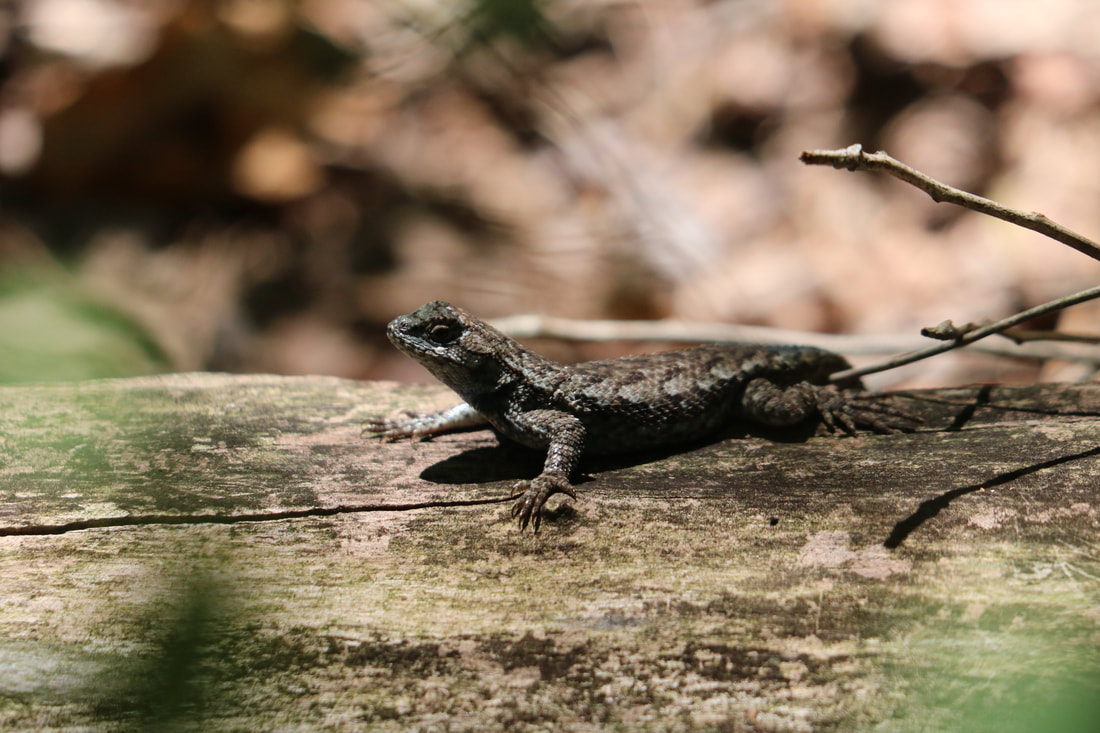This piece is a response to “The Greatest Nature Essay Ever” by Brian Doyle, published by Orion Magazine and available at: https://orionmagazine.org/article/the-greatest-nature-essay-ever.
Brian Doyle has given us a fine essay on the art of essay writing. After my initial response to the word “greatest” (is he kidding me?), I calmed down and found five paragraphs of genuine, perhaps gently humorous, views on what should happen in a nature essay. First, the essay must get the reader’s attention—not in the sensationalist terms of the news headline, but in a way that takes readers out of themselves and into an unexpected place where they secretly hoped to go.
In her poem “The Speed of Darkness,” Muriel Rukeyser says, “The world is made of stories, not atoms.” She then spins the reader into her world of pain. This is what Doyle proposes the next few paragraphs should do, but in the realm of nature. The beauty unfolds, but a threat to the natural world is unveiled. He then states that the writer should “tiptoe” back to the gently unfolding story without sermonizing or grandiose conclusions. I picture this perfect essay ending with the reader aware of a tapestry of beauty with dark threads of threat interwoven into a cloth of hope.
Some reviewers have said that Doyle’s essay meets its own criteria, that it is in fact “The Greatest Nature Essay Ever.” This makes the piece a “meta-essay,” a work written in the form it describes, much like the “Ars Poetica” of Horace (who, perhaps unexpectedly, founded a school of poetics that took the name of his poem). Though originally written in a poetic form, it is usually translated as prose, and the full text appears on the website of the Poetry Foundation.
Ye who write, make choice of a subject suitable to your abilities; and revolve in your thoughts a considerable time what your strength declines, and what it is able to support. Neither elegance of style, nor a perspicuous disposition, shall desert the man, by whom the subject matter is chosen judiciously. – Horace
Doyle’s essay might have led me to the conclusion that I have read very few nature essays. Make no mistake, I have read extensively from the works of naturalists, from Thoreau’s Waldon and Cape Cod to Annie Dillard’s Pulitzer Prize–winning Pilgrim at Tinker Creek and Peter Matthiessen’s National Book Award–winning The Snow Leopard. I had never heard of Brian Doyle before, and this may have led me to my first impression of arrogance. Greatest nature essay ever? From an author of whom I have never heard? Having read the essay, I’ve changed my mind. I like his work, and now want to read more of it.
So, I find Doyle’s comments helpful, but not an exclusive set of criteria for nature essays. The self-aware aspect of the work is interesting. I suppose the phrase “in the flow” might describe its opposite. This phrase is a poor approximation of the ancient Greek term “Kairos,” as opposed to “Chronos,” which is the ordinary time kept by a clock or chronometer. Kairos is sometimes described as “the opportune moment” but can also mean sacred time. It is the time in which hours pass unnoticed. It is the intersection of the divine with the ordinary. My time spent in nature and writing about nature is more Kairos than Chronos.

 RSS Feed
RSS Feed